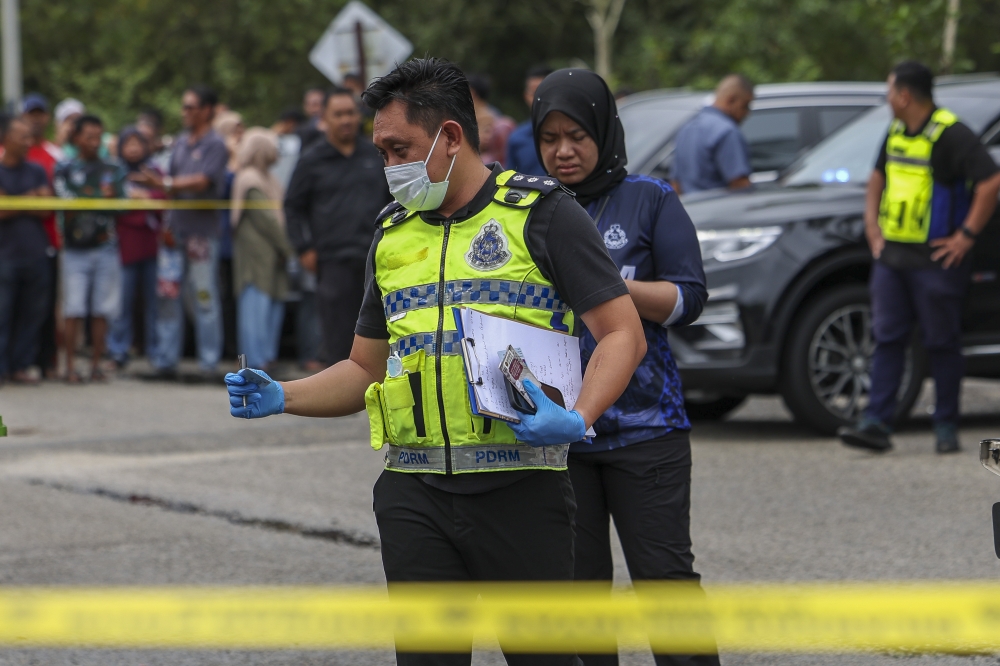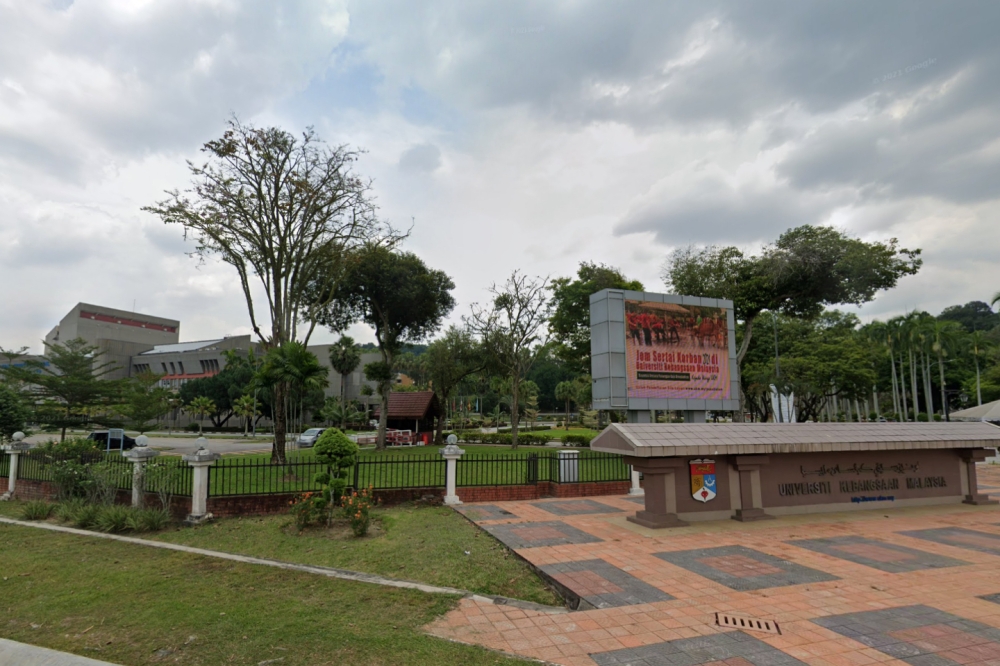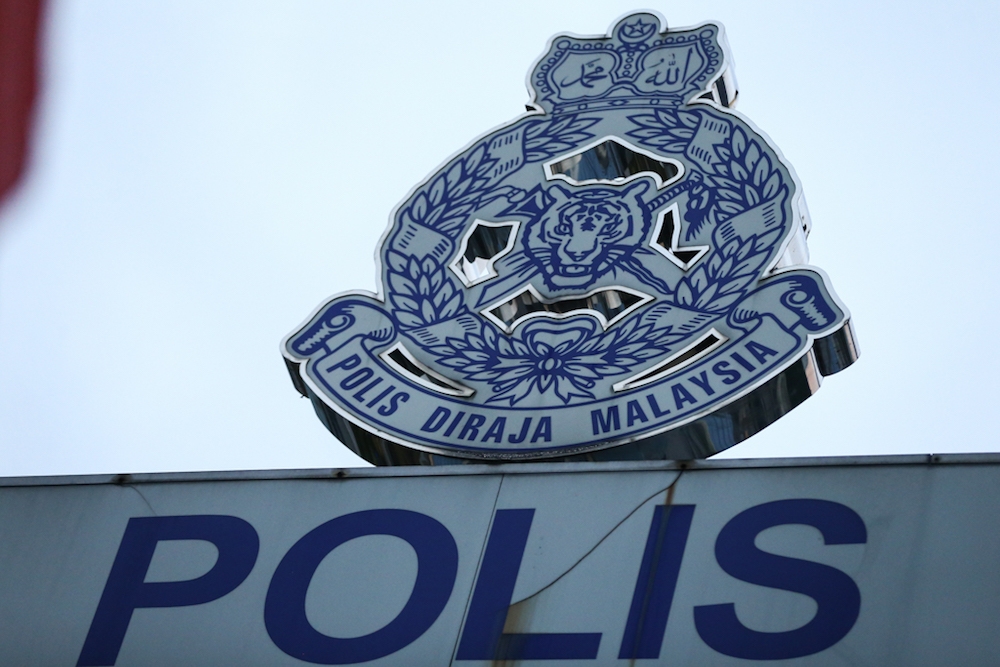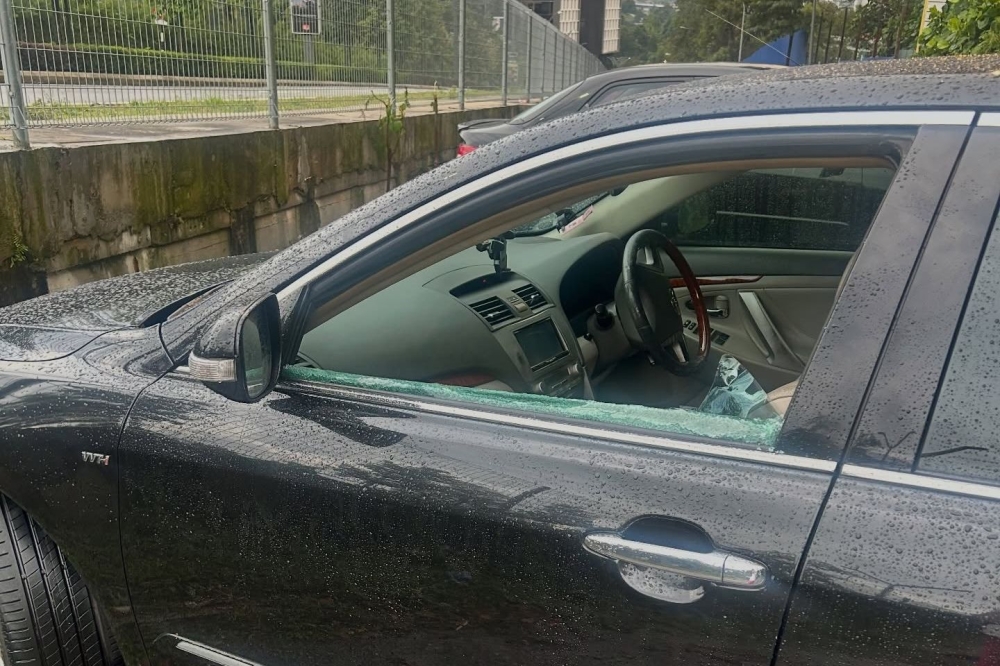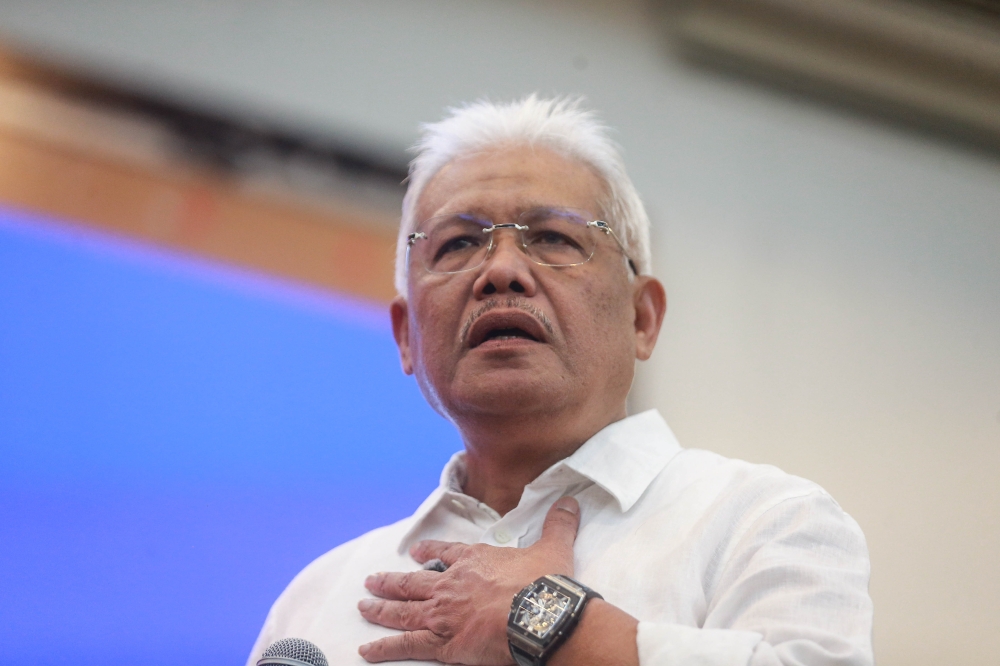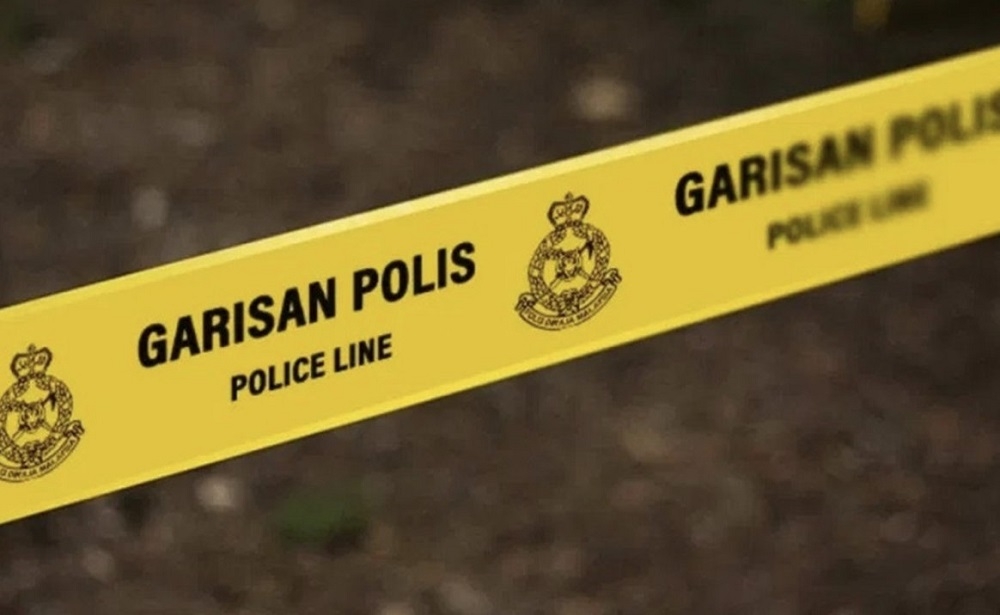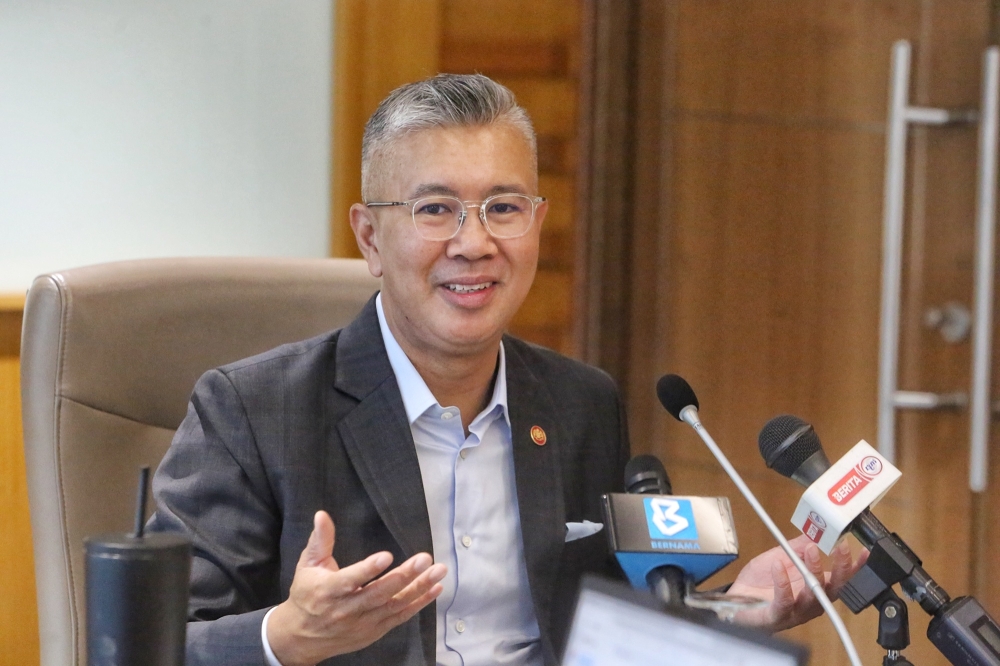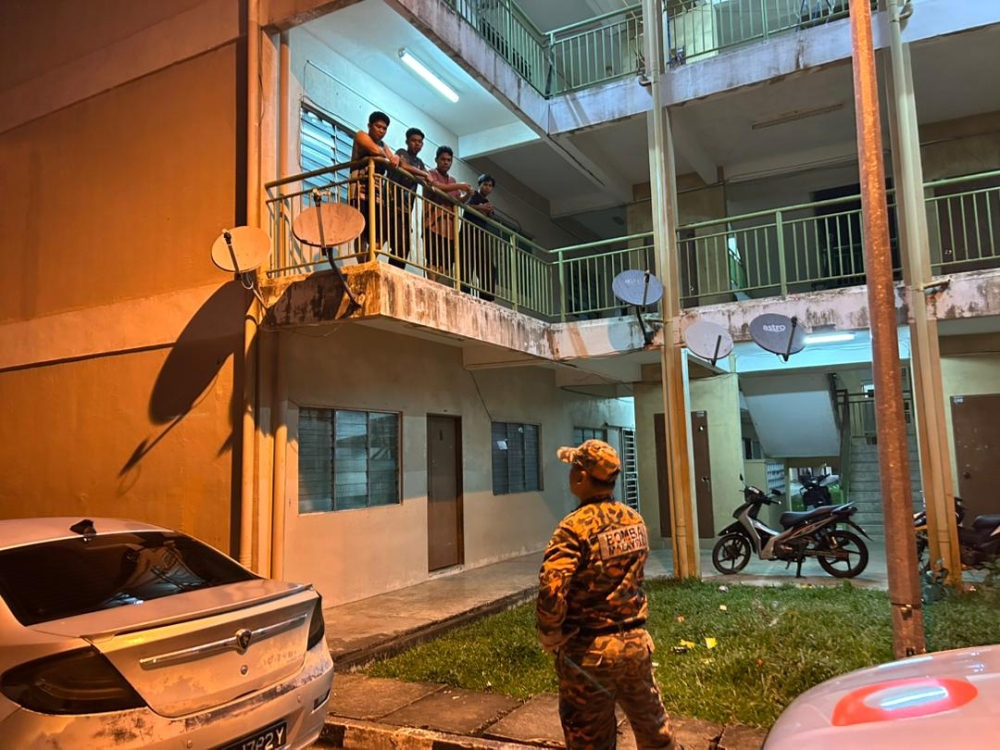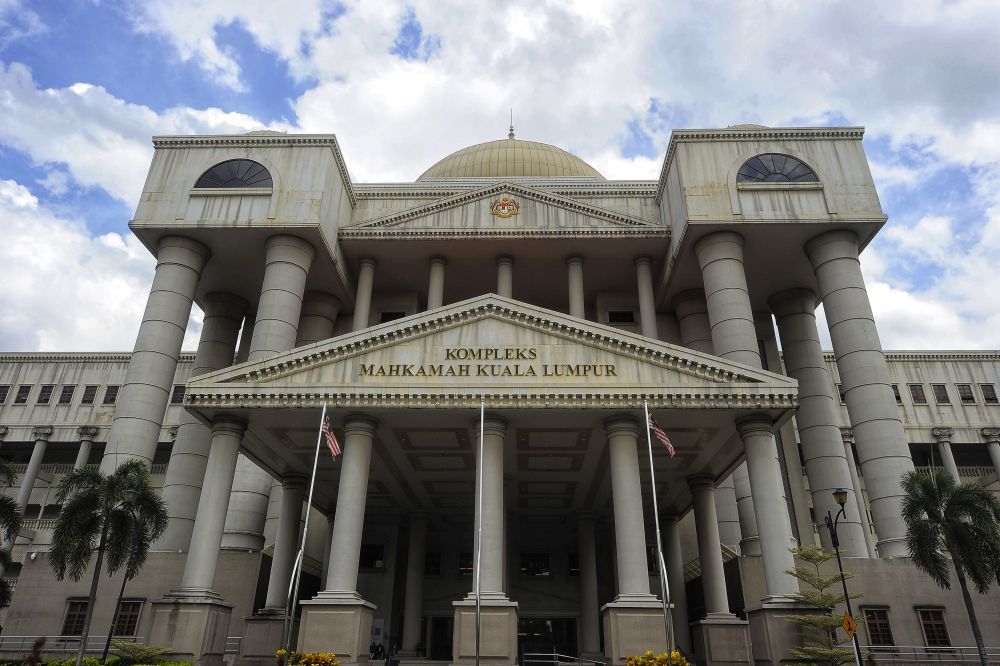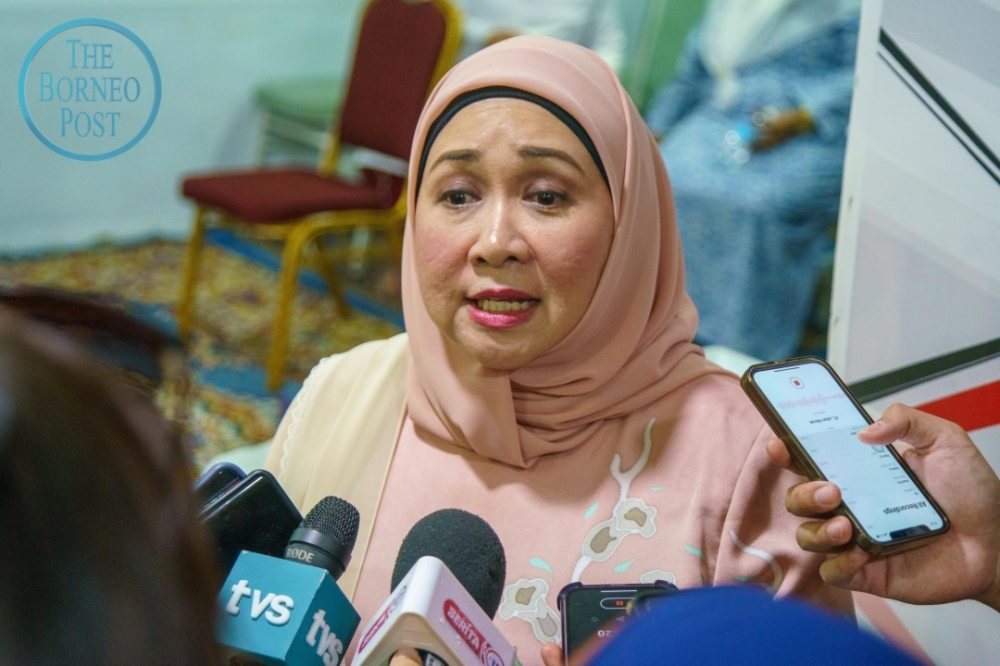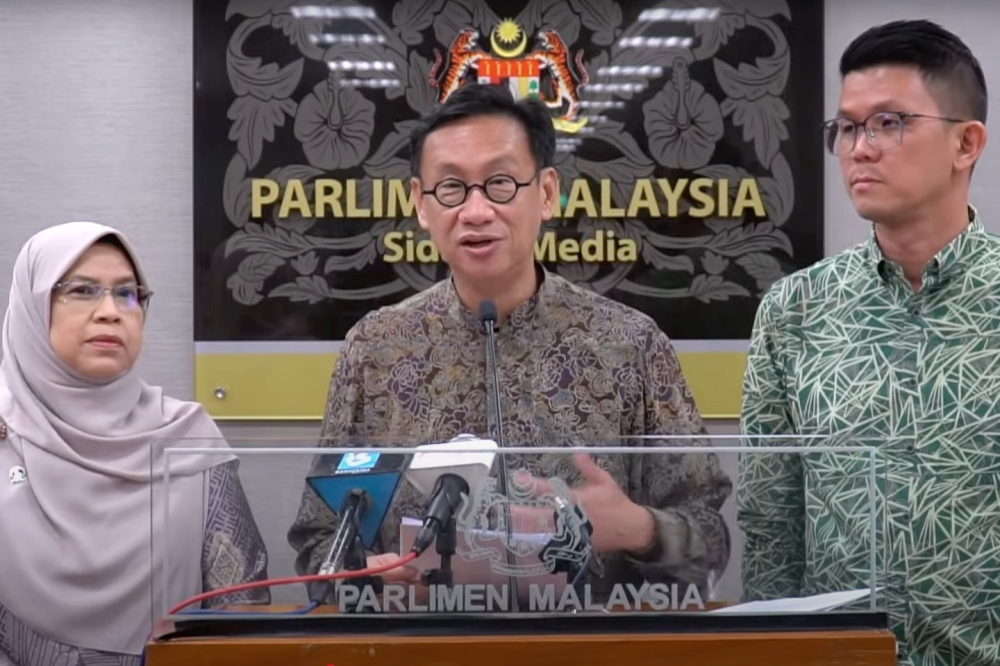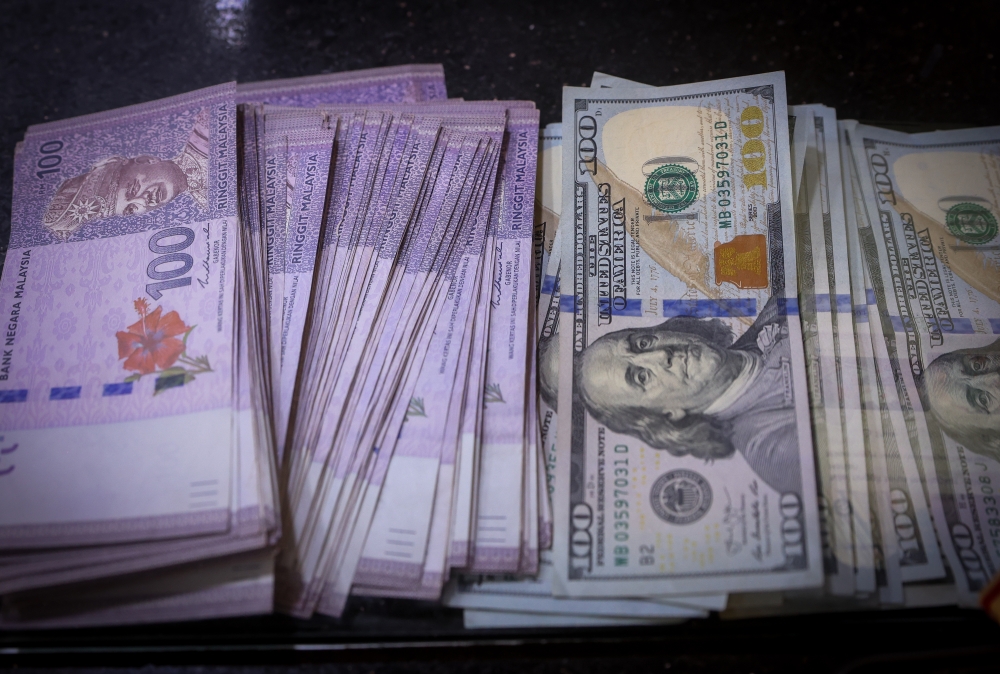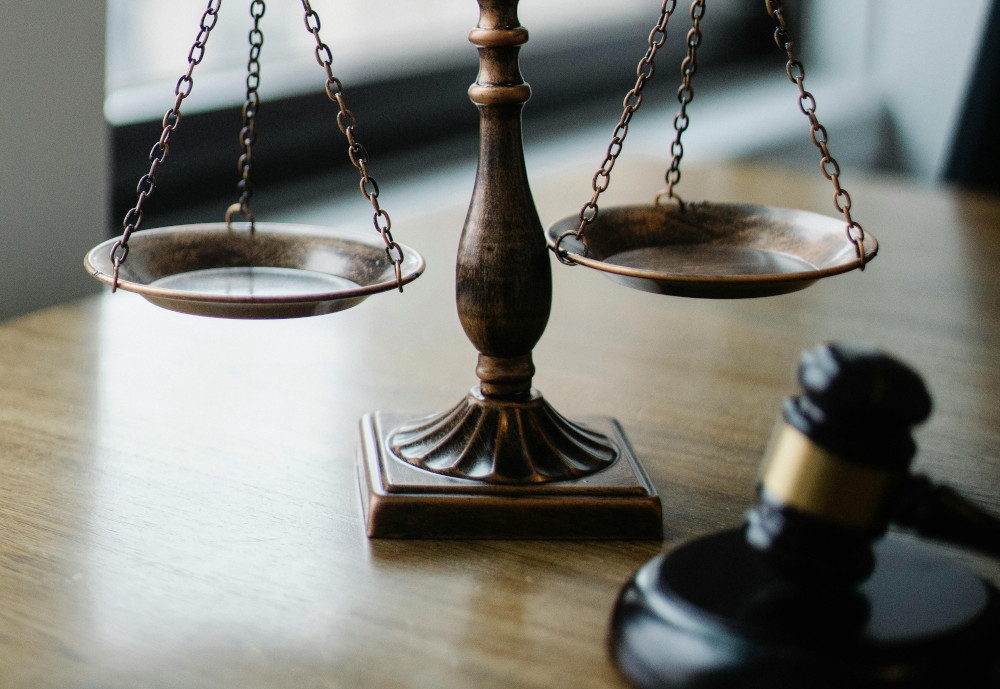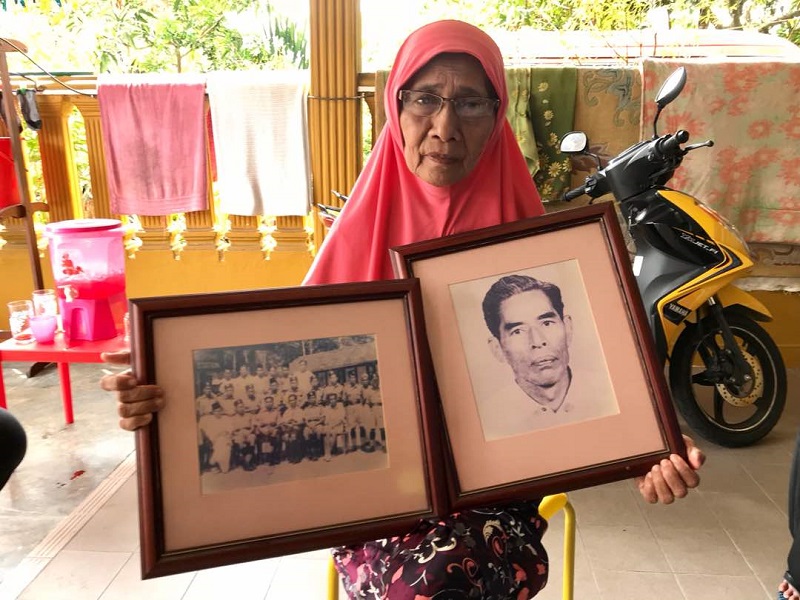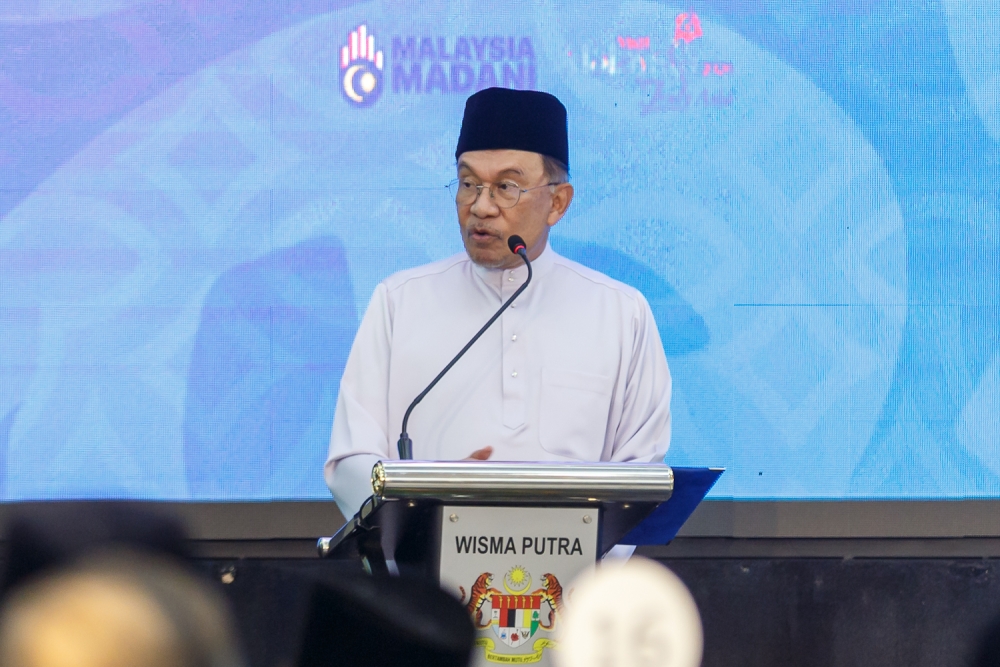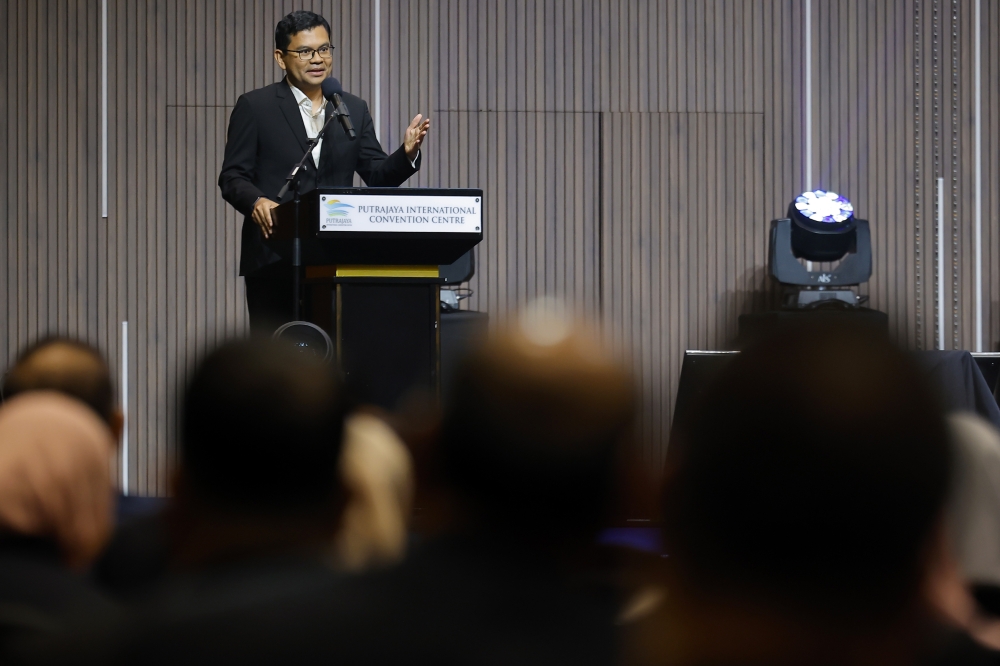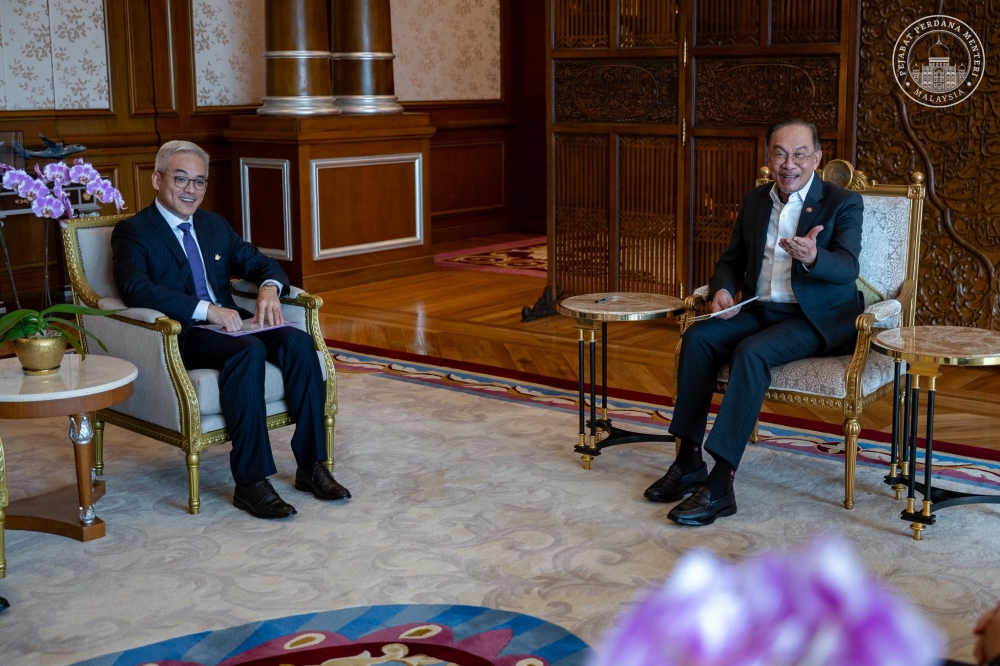JOHOR BARU, Feb 28 — For the past 61 years, septuagenarian Jamilah Abu Bakar had given up hope that Malaysians would remember her late parents’ sacrifices in battling communist insurgents in Bukit Kepong, Pagoh.
While the 1950 incident remains a key part of the nation’s history, remembrance of the policemen who lost their lives as well as the survivors of the communist siege is less prominent.
“Not many actually knew or remember about my late father, marine police constable Abu Bakar Daud and my family, for the sacrifices during the Bukit Kepong police station raid by communist insurgents back in 1950.
“Even later in life, my late father shied away from policemen who at times wanted to visit the family as he mostly kept to himself and was said to have been saddened for being forgotten as a survivor of the Bukit Kepong tragedy,” said Jamilah at her home in Bandar Baru Uda here.
The 73-year-old grandmother of 13 grandchildren said her father never recovered emotionally from the traumatic incident; his wife, Fatima Yaaba, and two-year-old son, Hussin, were both executed by the communists on that fateful February 23, 1950 day.
She said that while he later remarried, Abu Bakar never opened up about his experience during the siege of the Bukit Kepong police station.
“We don’t know why, but he was known as a reserved person and carried on with his life without bothering others,” said Jamilah, who still fondly remembers her late father’s marine police service number: PC37 (denoting Police Constable No. 37).
The Bukit Kepong incident was a pre-dawn raid by the Communist Party of Malaya (CPM) on the police station manned then by Federation of Malaya Police, during the height of the Emergency.
The armed conflict took place within the perimeter of the wooden police station adjacent to the Muar River, about 60km from Muar town, in Johor.
The aftermath saw more than 20 people killed on each side.
Jamilah, who was only four at the time, is the sole known survivor of the incident.
Besides her mother and brother who were executed during the incident, her father, Abu Bakar, died of liver cancer in 1979.
Jamilah’s youngest daughter, Raja Zamzura Raja Buntat, 38, said what her grandparents went through in Bukit Kepong was in service to the nation.
“In fact, my grandmother whom I have never known, paid the ultimate price with her life in defending the Bukit Kepong police station against the Communist insurgents.
“We are not a family that wants publicity, but we have never had it easy later in life and had to even sell kuih (traditional Malay cakes) to make ends meet,” she said while accompanying her mother.
Raja Zamzura said there was never any support from the police welfare associations or government for her family’s sacrifice.
She added that this only changed in 2011, when former PAS deputy president Mohamad Sabu controversially called communist leader Muhammad Indera, or Mat Indera, a national hero.
Mat Indera led the communist raid on the Bukit Kepong police station, and Mohamad Sabu was later charged with criminally defaming Jamilah’s father and two others, although he was later acquitted.
“By then, our family had visitors and my mother was invited yearly for the annual commemoration of the Bukit Kepong police station’s siege in Pagoh,” said Raja Zamzura, adding that many politicians also visited the family and offered assistance.
Despite that, Raja Zamzura said her family still felt the government has neglected the survivors of the incident.
“As a family, we do our best to help each other out, but I was also saddened to learn that one of the surviving policemen had died a pauper many years ago,” she said, urging the government to assist those who served and sacrificed for the country.
For Jamilah, she wants proper acknowledgement for the sacrifices of her parents and others in the incident.
“What I have left is only two photographs of my late father and memories of my parents’ sacrifice to defend the country against the Communist insurgents.
“We now live in a peaceful country and no one should experience the bitterness of losing your beloved family in an armed conflict,” said Jamilah while tears welled up in her eyes.


